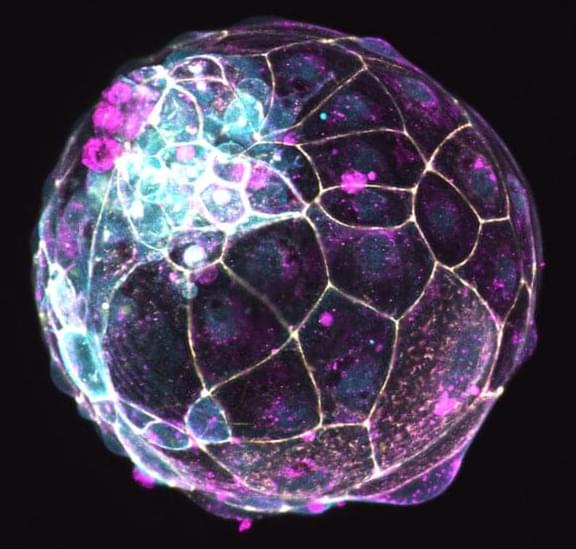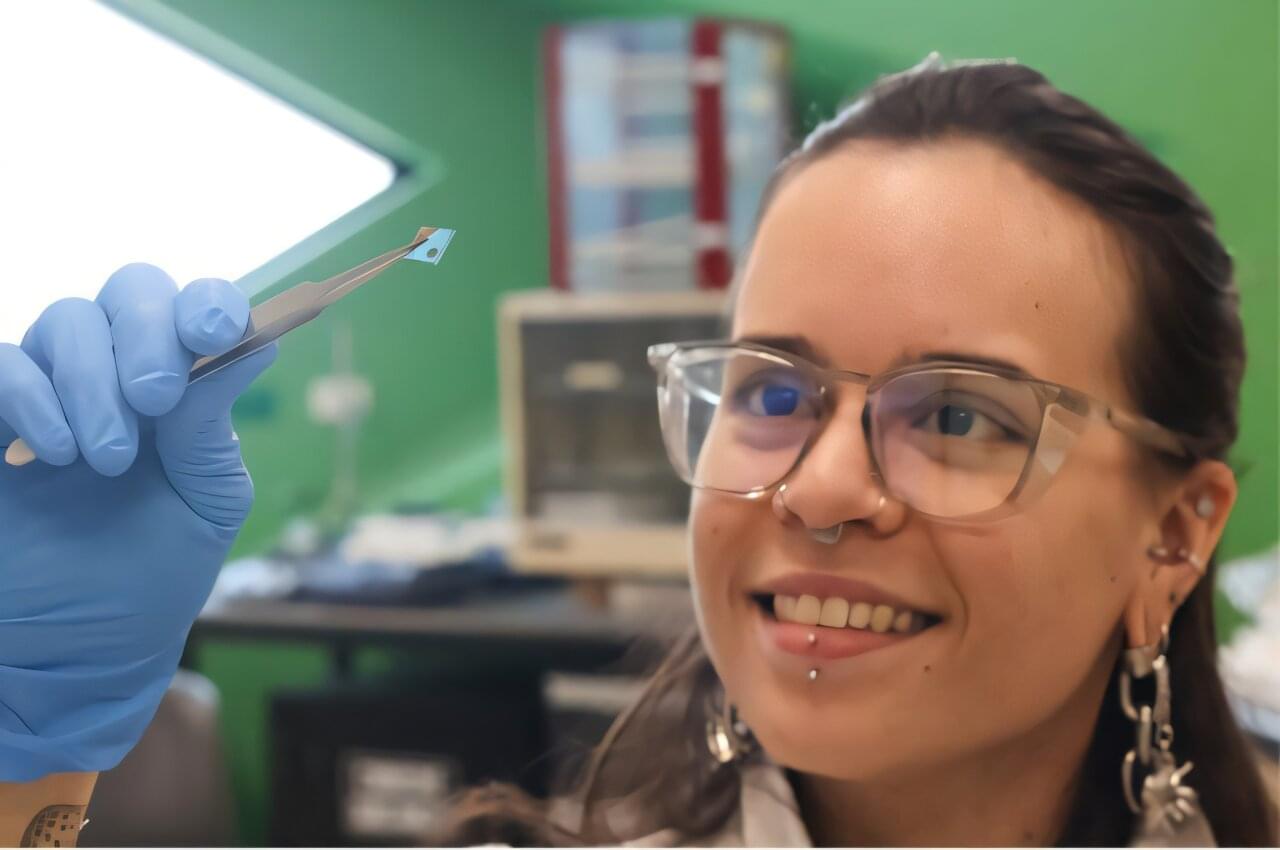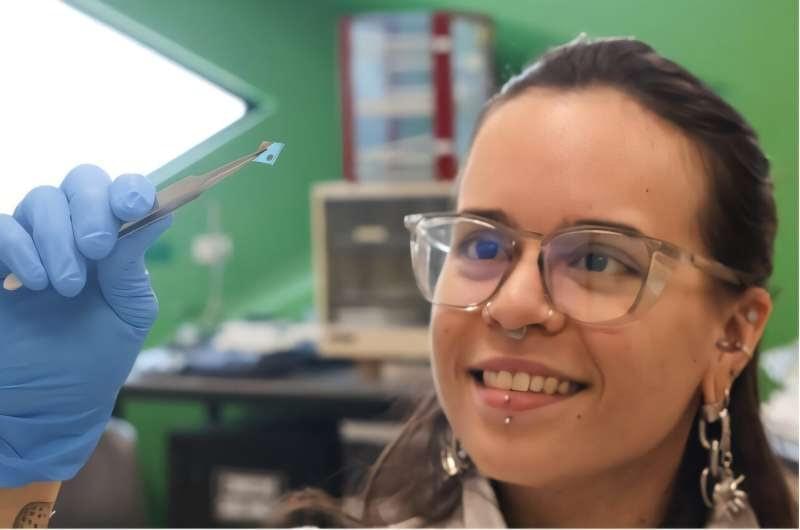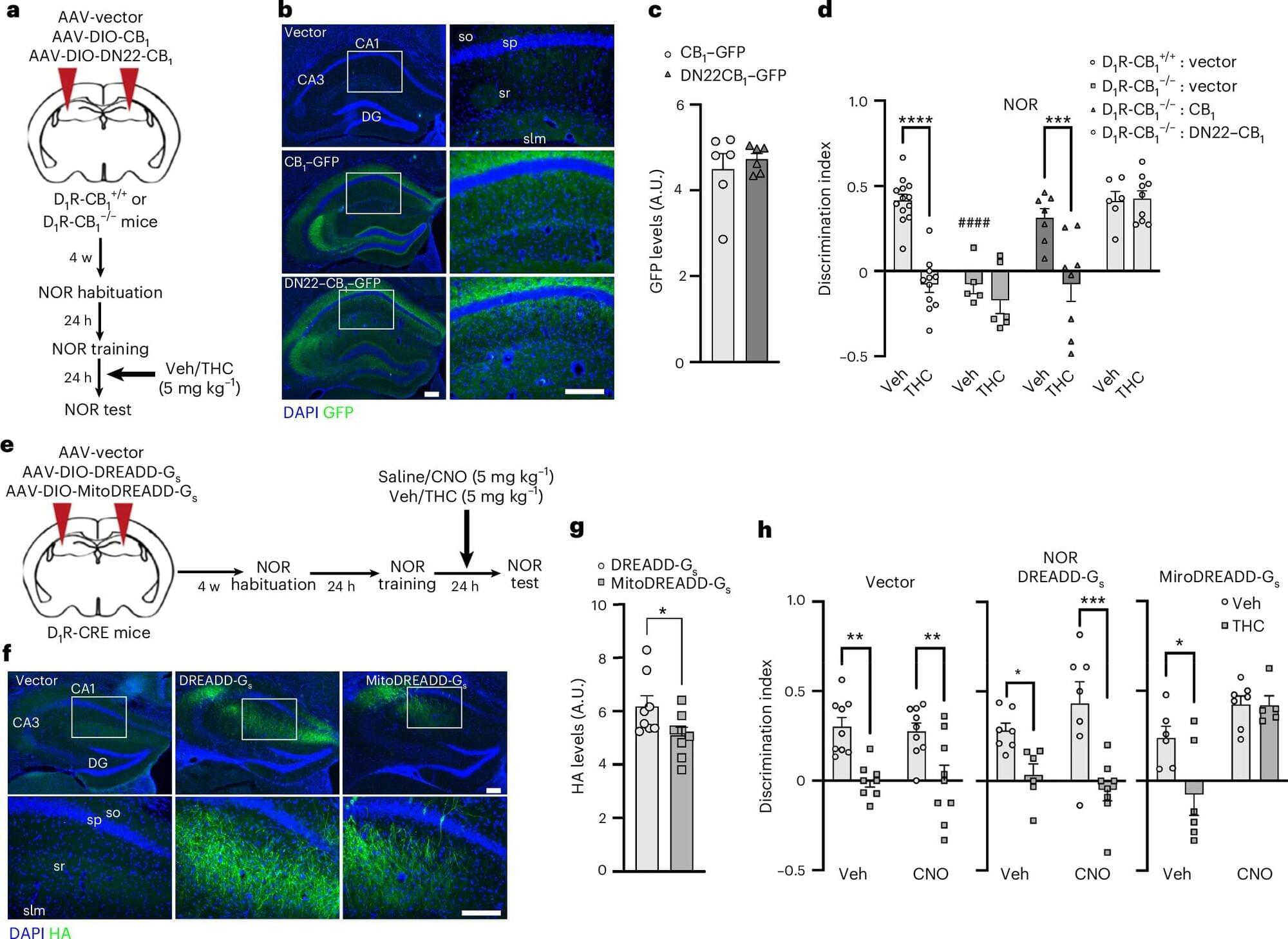“Immunotherapy has improved survival outcomes for patients with extensive-stage small cell lung cancer (ES-SCLC), marking meaningful progress in a historically challenging disease. However, despite these advances, long-term outcomes remain suboptimal, underscoring the need for better strategies. The integration of lurbinectedin—a novel DNA-damaging agent—into the maintenance setting alongside atezolizumab following initial chemo-immunotherapy represents an important next step. This approach offers a way to extend disease control and may signal a shift toward more durable benefit for patients,” said Charu Aggarwal, MD, MPH, FASCO, Leslye M Heisler Professor of Lung Cancer Excellence at University of Pennsylvania – Abramson Cancer Center, and an ASCO Expert in lung cancer.
ALEXANDRIA, Va. — Results from a global phase 3 clinical trial found that maintenance therapy with a combination of lurbinectedin and atezolizumab helped some patients with extensive-stage small cell lung cancer (ES-SCLC) live longer compared to maintenance therapy with atezolizumab alone. The research will be presented at the 2025 American Society of Clinical Oncology (ASCO) Annual Meeting, taking place May 30-June 3 in Chicago.
About the Study
“While the introduction of immunotherapy in first-line treatment has improved outcomes, advanced small cell lung cancer remains difficult to treat. The phase 3 IMforte trial shows that the new treatment combination of lurbinectedin and atezolizumab given as maintenance therapy after first-line treatment helps people live longer and reduces the risk of disease progression or death. This outcome represents a major milestone and could provide a much-needed option for advancing the treatment of this aggressive disease,” said lead study author Luis G. Paz Ares, MD, PhD, 12 de Octubre University Hospital in Madrid, Spain.









